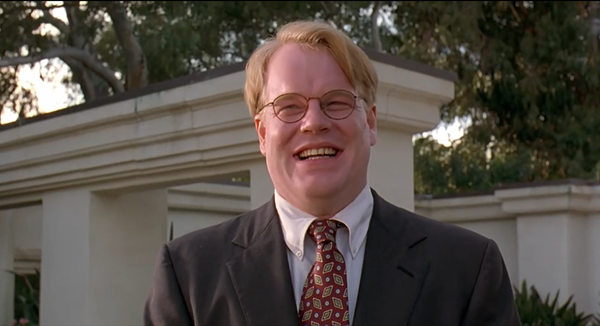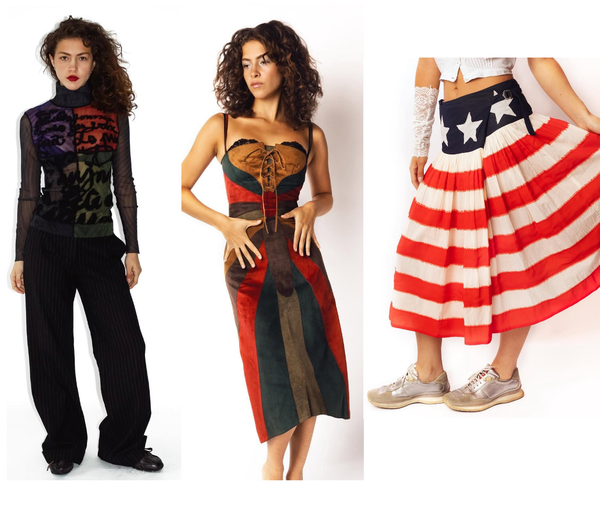Is Skinnytok Reigniting Toxic Tumblr Diet Culture?
Disclaimer: This article discusses topics related to dieting, body image, and disordered eating. If you are struggling with an eating disorder or body image issues, please consider reaching out to a professional or support organization for help. This piece intends to critically examine social media trends, not to promote harmful behaviors.
Many of you are aware of the constant turnover of trends on social media, especially TikTok. Most trends are harmless fun connecting individuals from around the world through fashion, dance, art, and humor. Every now and then, a trend surfaces that doesn't feel so harmless.
While scrolling through TikTok, I noticed a pattern. Videos tagged #SkinnyTok began popping up on my For You Page. Some creators were sharing diet hacks, while others blatantly glamorized extreme thinness. Then came the backlash, other creators calling out this damaging corner of TikTok and comparing it to the toxic "thinspo" content that once dominated Tumblr in the early 2010s.
What initially seemed like harmless "lifestyle tips" and 'What I eat in a day' videos quickly reminded me of an earlier digital era, Tumblr's thinspo-influenced, thigh-gap-obsessed culture.
SkinnyTok is not a single, defined community, but more of a loose, ever-circulating collection of content focused on body image. Under the #SkinnyTok tag, you'll find very low-calorie meal videos, restrictive eating routines, and perhaps the most harmful of all, creators encouraging constant comparison.
For those of you unfamiliar, Tumblr in the early 2010s was not just a space for artistic expression and fandoms. It also became the hotspot for pro-eating disorder content, blogs, glorified quotes, and "inspiration" photos. For many young users, especially young girls, it played a large role in shaping how they saw themselves, and some of that damage left a lasting mark.
So, when I started seeing SkinnyTok gaining traction, I couldn't help but wonder, is this the same harmful ideology, just rebranded for another social media platform?
There are differences between the two. Tumblr's diet culture was blunt and unfiltered. Users proudly post quotes that read, "Nothing tastes as good as being skinny feels" while glorifying starvation and mental illness. SkinnyTok, on the other hand, hides behind a veil, it is diet culture disguised as "clean eating", "discipline", and "health".
One creator even labeled it a "skinny mindset". Another offered 'tough love', saying "If you want to be skinny you have to stop playing the victim in your own life."
While the messaging has changed, the core idea remains the same: thinner is better.
What makes SkinnyTok that much more frightening is it's much harder to recognize. Dangerous ideas are seamlessly folded into aesthetically pleasing content. These videos may not seem harmful at first glance, they may seem like daily routine vlogs, meal prep., or ambition.
With so many young users on social media today, this kind of messaging is reaching kids and teens during the most formative years of their lives. Exposure to these ideologies at such a young age can lead to unhealthy relationships with food and ultimately with themselves.
At the end of the day, it is up to us to take a step back and question the content we constantly consume. Social media is not going away anytime soon, but that doesn't mean we can't change the way we engage with it and fall into the same harmful cycles. We don't need to repeat the past and pass that trauma down to the next generation. We know the damage it can cause, so let's learn from it and do better.





